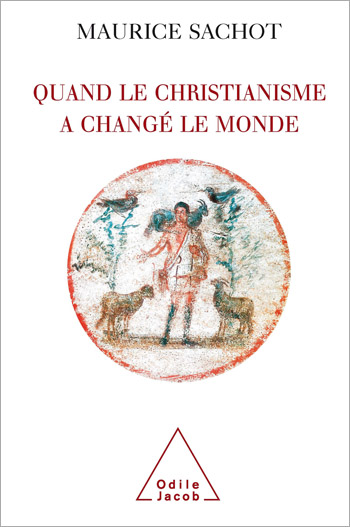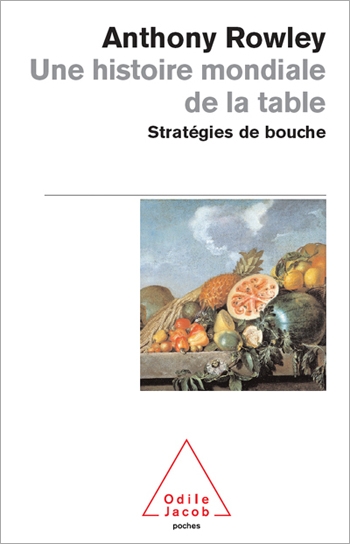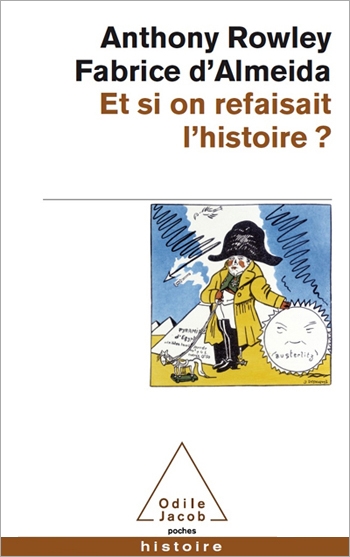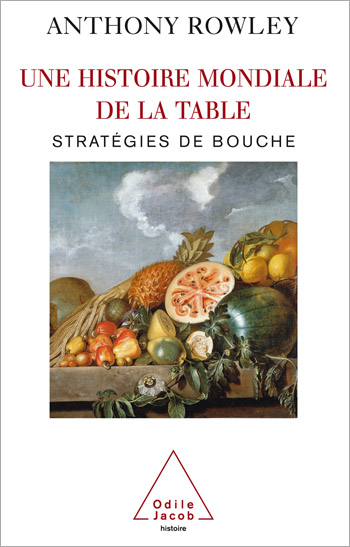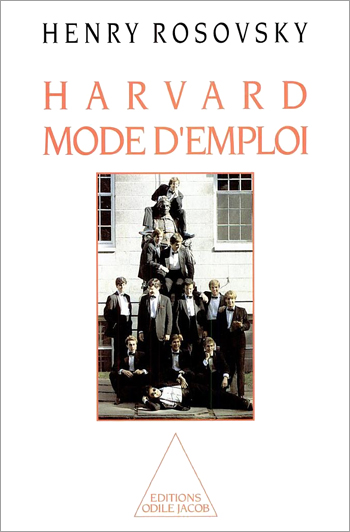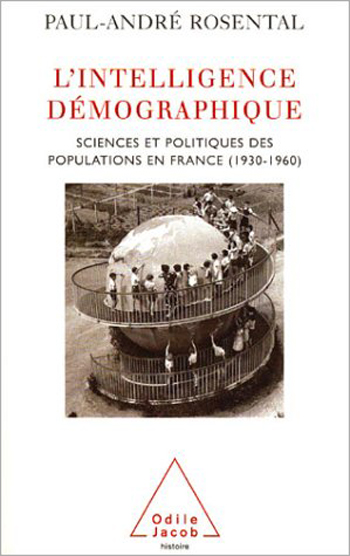History and Geopolitics All books
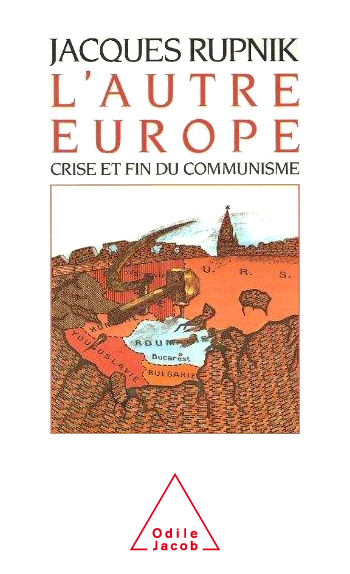
Jacques Rupnik
The Other Europe The Crisis and End of Communism
The crumbling of the Berlin Wall marked the end of the divided Europe that was inherited from Yalta, and the renaissance of Central Europe, so neglected and forgotten that it is often simply referred to as the East. Originally from Prague, Jacques Rupnik is one of the top specialists in France of this "Other Europe". In this work, he delivers the results of a long investigation of both the terrain and the historical thought leading from the nationalisms of the last century to the Gorbachev factor.
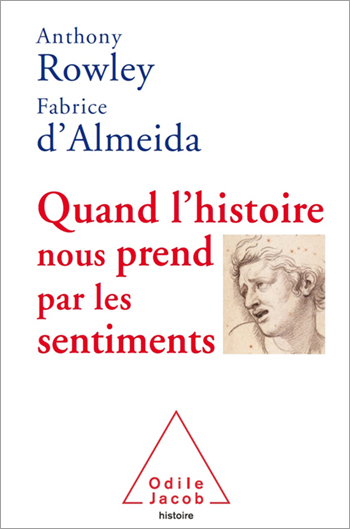
Anthony Rowley, Fabrice d'Almeida
When History Captures Our Emotions
the authors recount 20 stories that made history and that reveal the role played by the emotions over the centuries
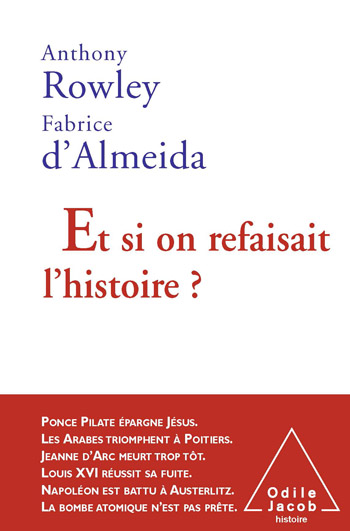
Anthony Rowley, Fabrice d'Almeida
Asking "What if?" in History
What if things had turned out differently? What if Pontius Pilate had pardoned Jesus?
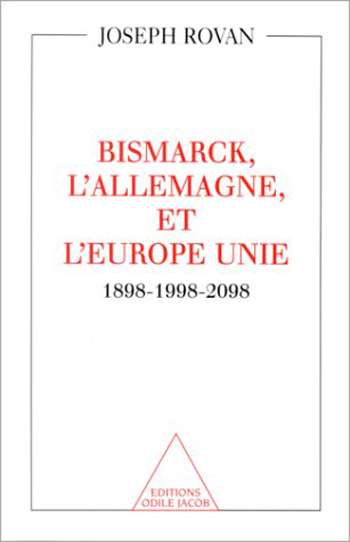
Joseph Rovan
Bismarck, Germany, and a United Europe 1898-1998-2098
1898-1998: the difference between these two dates is vast, and it is likely that the difference between 1989 and 2098 will be even sharper. This gives us even more reason to reflect on the actions of a man who was able to anticipate and incite change. Joseph Rovan has taught German studies at the French universities of Vincennes and Paris-III. He is the author of many books and articles, including France-Allemagne: Le Bond en Avant, with Jacques Delors and Karl Lamers, published by Editions Odile Jacob.
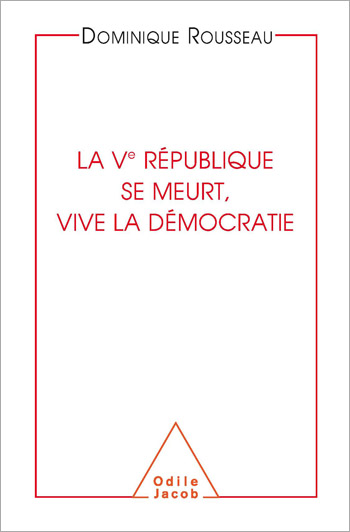
Dominique Rousseau
The Fifth French Republic Is Dying! Long Live Democracy!
The First French Republic was consular, the Second was presidential, the Third and Fourth were parliamentary, but the Fifth seems to have no distinguishing qualities.
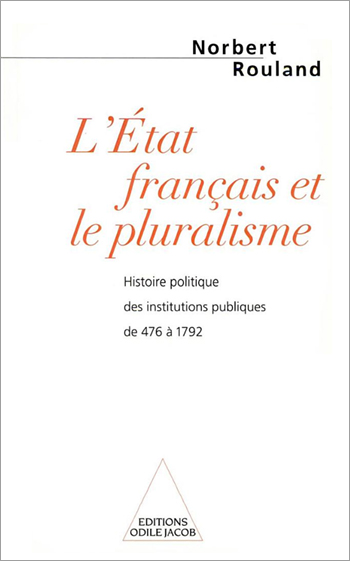
Norbert Rouland
The French State and Pluralism A Political History of Public Institutions from 476 to 1792
Has France become a multicultural society? Are we heading towards a dislocation of French unity, or a more advanced form of democratic life due to this pluralism? Can we invoke the French tradition which has given us several reference points? These are the serious questions which History must confront, and it is the aim of this history of public institutions to do just that. The author shows that the French State has constructed the Nation through a stronger voluntarist policy than found in most other Western European countries. His clear yet detailed style makes this book accessible to a wide readership, both those wishing to know more about the origins of our current political regime, and also to first year students, to whom this work represents a source of valuable information.
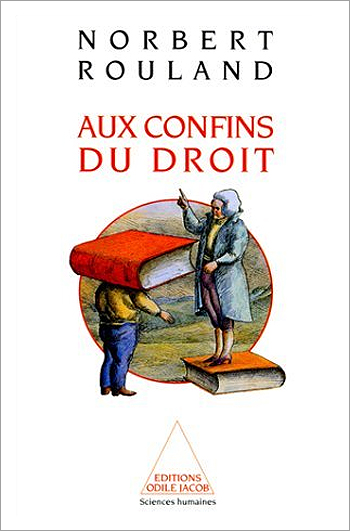
Norbert Rouland
The Confines of the Law
How did law come about? How do different societies answer to the same need for justice? N. Rouland invites us to explore the many aspects of law. Through various societies, a constant question emerges: can Africans, Asians and Westerners all adhere to the same norms? Norbert Rouland is a professor at the University of Aix-Marseille-III, where he teaches judicial anthropology and the history of law.
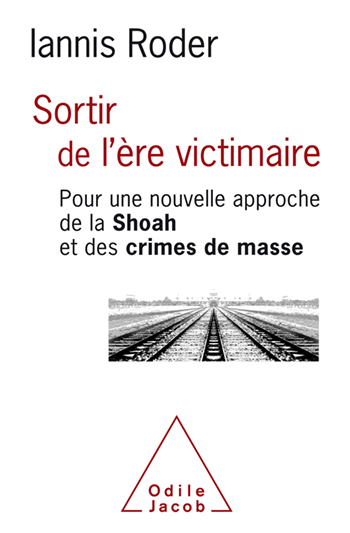
Iannis Roder
Explaining the Shoah and Genocide to Our Children
This book desacralizes the Shoah and shows that though that genocide had specific characteristics, it can be compared to others.
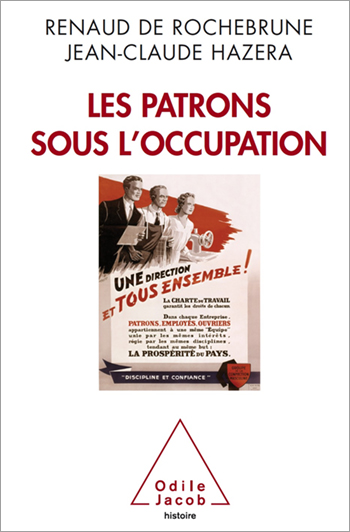
Renaud de Rochebrune, Jean-Claude Hazera
Business Leaders During the Occupation
How were Jewish companies altered to become Aryan ones and what was the role of French administration? Who did illegal profits and how?A fascinating document written by two journalists.

